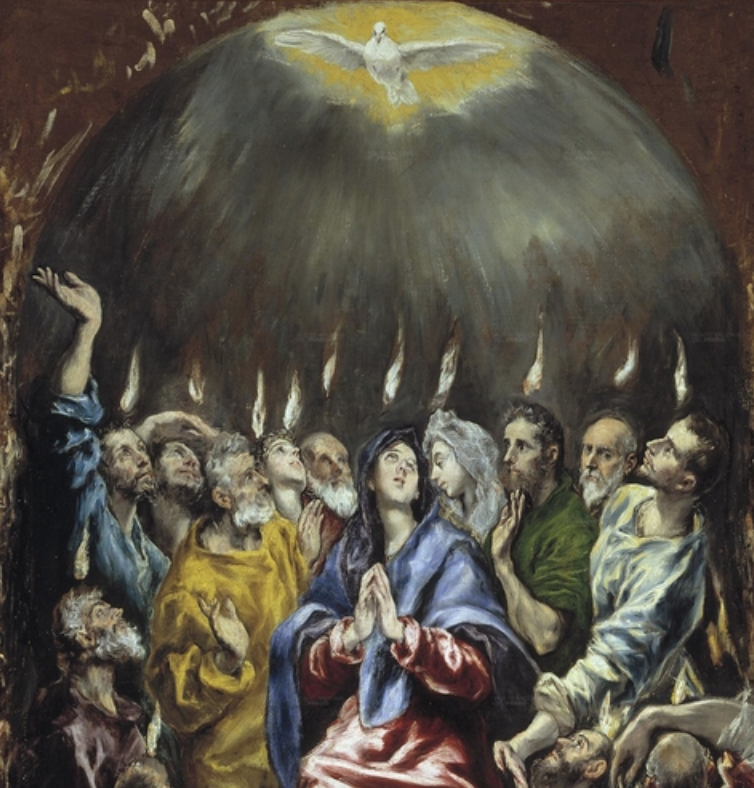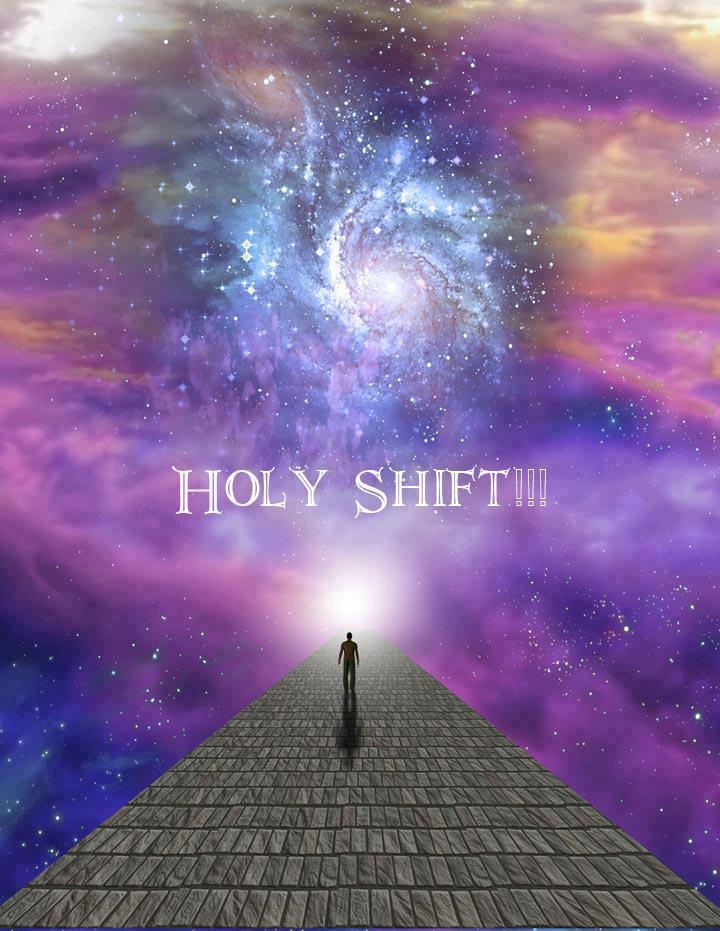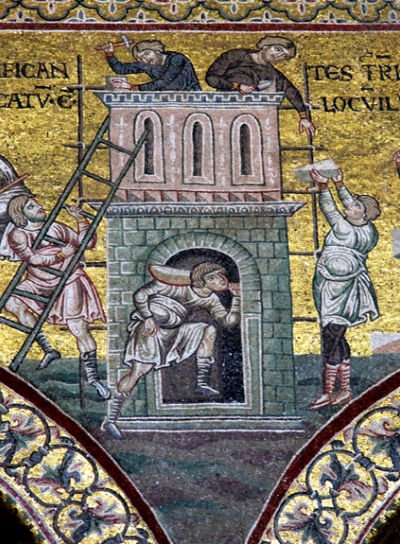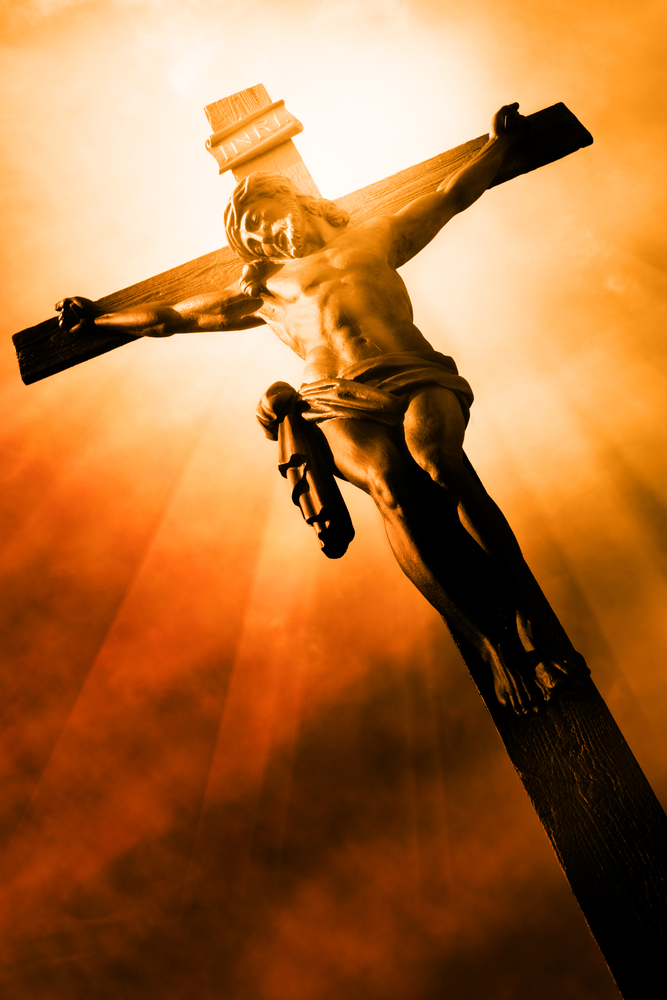Easter, Ascension, and Pentecost do not form three seasons. The Easter season celebrates the three dimensions of the resurrection, ascension, and the sending of the Spirit.
Many of us are aware that Pentecost ranks among our greatest feasts in the liturgical calendar. Still, few Christians, including clergy, comprehend the in-depth meaning of the events of Acts 2: 1-13.
I feel like we are being strangled, the life choked from us – disbelief, sorrow, fear, rage. Violence in the streets, jails, and cages at our border, targeting black and brown men, women, and children; a virus stalking us all, turning familiar comforts into threats.
When prayers in Jesus’s name go unanswered, and when unrelenting “knocking on heaven’s door” produces no result – even when bargains are offered (“I’ll stop smoking”) – instead of confronting the possibility that God is not going to intervene, the failure is treated as a “test of faith” that “God has a better plan for me.” But the transformation of human thought is far more powerful than petitions to a discredited god. At Pentecost, the Holy Spirit, first given by John’s Jesus, descends in tongues of flames on the Christian community gathered in Jerusalem. They are empowered to tell the story of Jesus in every language of the known world. Peter quotes the prophet Joel, that everyone who calls on the name of the Lord shall be saved. Paul proclaims, “For in the one Spirit we were all baptized into one body – Jews or Greeks, slaves or free – and we were all made to drink of one Spirit.” The imagery of fire represents the outpouring of the presence of sacred being and of creative power. No magic is required.
In John’s Gospel, Jesus says to his disciples, “I will do whatever you ask in my name, so that the Father may be glorified in the Son. If in my name you ask me for anything, I will do it” (John 14:13-14). I’m sure most reading this recognize that this is not some universal blanket promise. So we have to ask, “On what level is this true?” Or, “Is it true on any level?”
To me, one of the most problematic, psychologically damaging things about Evangelical theology is the focus on salvation... what constitutes it, how it is obtained and held onto, etc.
So in a round-about way, Gamaliel, as quoted by Luke, is giving us a powerful clue about what kind of literature the Gospels are — a unique mix of a few core historical events with lots of theological overlay, all blended with a good dose of the kinds of stories of miraculous signs that we know were common and sometimes persuasive in that day. And not surprisingly…. They still are today!
Giving Voice to Intolerance in an Age of Pluralism
The back story to the Tower of Babel myth is that the orignial plans called for anything but babble. But where once humankind may have all spoken the same language with one unifying plan to build a place all could dwell and abide one another, it has long since ever been the case. “We live in a pluri-verse, not a uni-verse,” says Raimon Panikkar. Ours is a pluralistic age in which we have many different and opposing – even sometimes mutually incompatible -- worldviews that threaten planetary human coexistence. In the midst of such chaos and confusion, how can we tolerate each other’s differences? Or, some might ask, should we even try? I consider myself a very tolerant person! The only people I cannot abide are ignorant and intolerant bigots! Does that make me intolerant as well, or merely principled? What would constitute a forbearance of principled intolerance, with a leniency of spirit? Here's John Bennison's latest Commentary from Words and Ways.
I've titled this as about the Resurrection, which is just one part of a complex of beliefs... but let's return and end there... What similarities or differences do you see in Paul's Resurrection statements and beliefs and those of the early Jerusalem Jesus-followers?
found at SpiritualityandPractice.com
Begin your meal by holding hands and saying to the person on your right: "You are the temple of God and the Holy Spirit dwells within you."

















